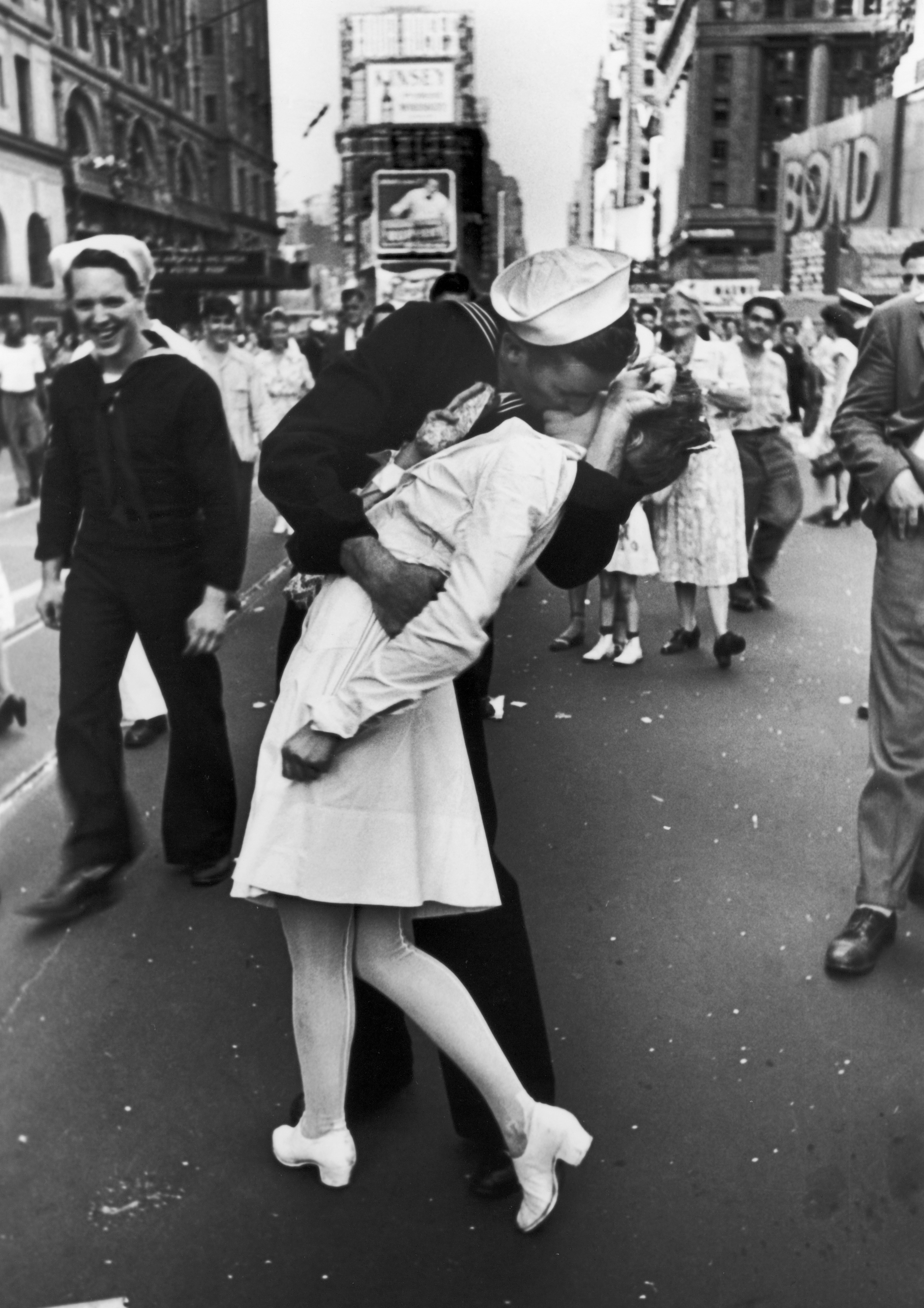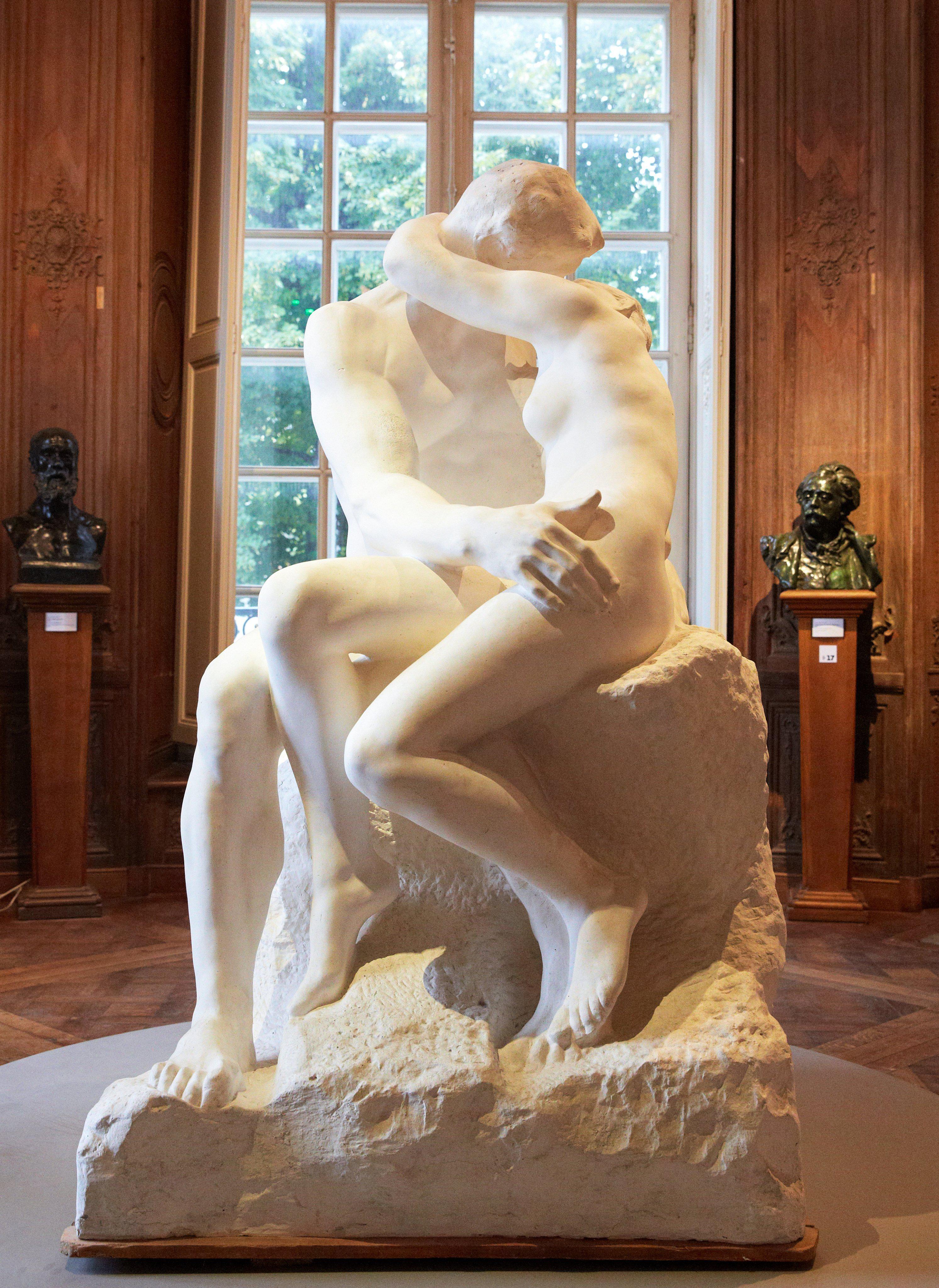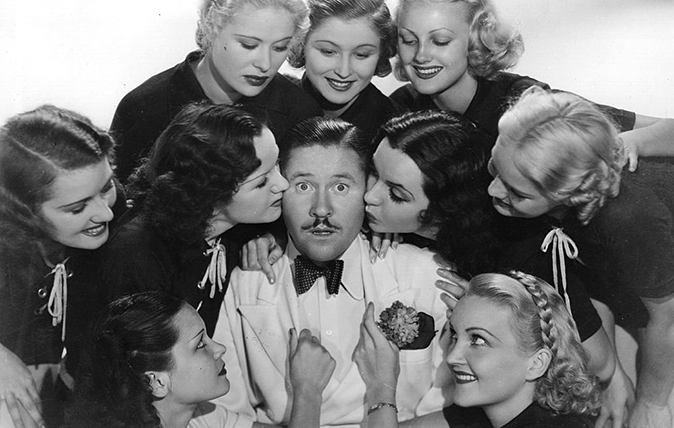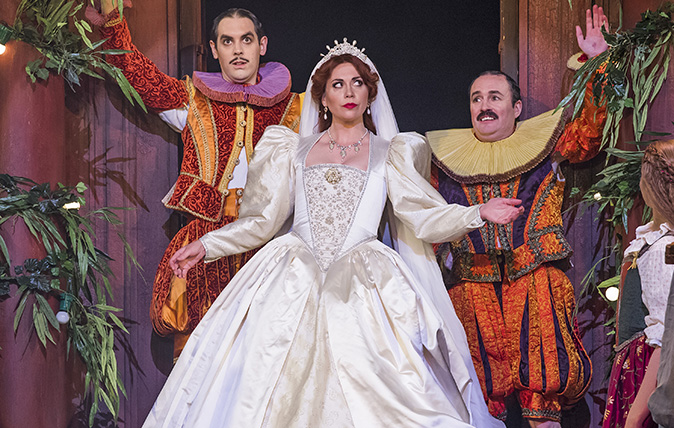Curious Questions: Is kissing good for you?
Annunciata Elwes asks the question on everyone's lips.


Exquisite houses, the beauty of Nature, and how to get the most from your life, straight to your inbox.
You are now subscribed
Your newsletter sign-up was successful
It's 74 years ago this week since the most famous photograph of a kiss in history: the sailor in New York's Times Square kissing a nurse among the crowds celebrating VJ Day, and the end of the Second World War.
The kissers — George Mendonsa and Greta Friedman — weren't a couple, but instead simply caught up in the jubilation of the end of hostilities. Mendonsa survived until February of this year, when he died at the age of 95, while Friedman died three years ago at the age of 92.
Neither knew each other before, and they went there separate ways afterwards with no idea that they'd participated in the creation of an iconic image. 'The guy just came over and kissed or grabbed,' Friedman later told the Library of Congress. 'It was just somebody really celebrating. But it wasn’t a romantic event.'
Did Mendonsa do more for Friedman than make her world famous though? It seems he may have since there is ample evidence to suggest that kissing is actually good for you.
Not only does kissing express affection, but it regulates the heartbeat, lowers blood pressure and stress hormones, increases our resistance to allergies, tooth decay and lung disease, reduces facial wrinkles and burns up to 26 calories per minute.
That 'tooth decay' bit might make you feel a little queasy, but the rest sounds good — and this is no small effect either. A German study found that those who kiss their partner each morning before leaving the house live five years longer than those who don’t.
If you're worried about how to fund the extended lifespan that kissing will bring you, then worry not for — bizarrely — it seems kissing can make you richer. That same German study found that the partner-kissers also earn up to 30% more money.
Exquisite houses, the beauty of Nature, and how to get the most from your life, straight to your inbox.

Less surprising is the fact that kissing will help you find the partner with whom to enjoy all these benefits: apparently the average British woman merely needs to kiss someone 15 times before she knows if it’s lasting love or just a dalliance; for men, the figure is apparently 16. We'd suspect that the number of kisses needed would be a little lower if they're long ones though — and probably a single kiss would do the job if it was as long as the world record smooch, which somehow lasted 58 hours, 35 minutes and 58 seconds.
Kissing needn't take that long, but it will of course take some time out of your schedule. The average person spends 336 hours of his or her life kissing, compared with 229,961 sleeping and 9,600 commuting. Still, it seems like time well spent — and given the health benefits, perhaps we should be locking lips more often.

Credit: Hulton Archive / Getty
To kiss, or not to kiss? The question on everybody's lips
Deciding the correct way to greet someone has become a social minefield.

Kiss me, Kate at the London Coliseum: Not 'better' than Shakespeare – but certainly more enjoyable to watch

Credit: Alamy Stock Photo
Jason Goodwin: 'When someone dies, you can lose a place, as well as a person'
Our Spectator columnist returns to his mother's resting place and takes a leading role in a small Somerset church communion,
Annunciata is director of contemporary art gallery TIN MAN ART and an award-winning journalist specialising in art, culture and property. Previously, she was Country Life’s News & Property Editor. Before that, she worked at The Sunday Times Travel Magazine, researched for a historical biographer and co-founded a literary, art and music festival in Oxfordshire. Lancashire-born, she lives in Hampshire with a husband, two daughters and a mischievous pug.
